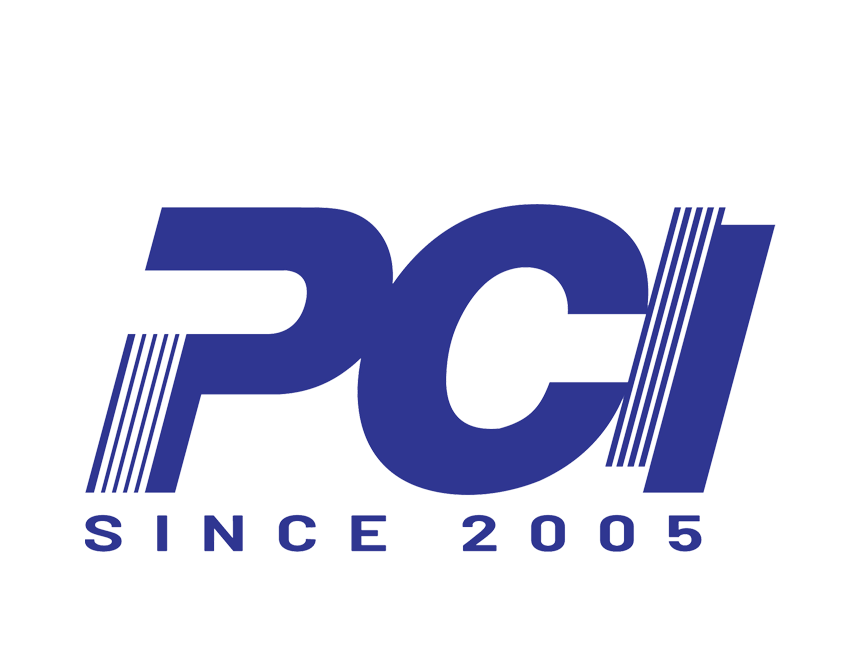Sharing Experiences in Using the PCI in Provincial People's Councils’ Activities
On May 17, 2019, the Legal Department of Vietnam Chamber of Commerce and Industry (VCCI), in collaboration with the Standing Committee of the National Assembly, held a conference with the theme "Sharing experiences in using the PCI in provincial People's Council’s activities" in Cao Lanh City, Dong Thap Province. The conference was chaired by Mr. Dau Anh Tuan, PCI Project Director/ General Director of VCCI’s Legal Department and Mr. Dang Xuan Phuong, Deputy Head of the Working Committee of the National Assembly, with the participation of representatives who are standing bodies and deputies of People’s Councils of 11 provinces and cities including Dong Thap, Kien Giang, Bac Lieu, Bac Ninh, Quang Ninh, Hà Giang, etc.
The provincial People’s Councils (PPC) play an important role in implementing and monitoring the government’s policies at the provincial level. Therefore, strengthening the role of these stakeholders in improving local business environment through the PCI has been the main goal of collaboration between VCCI and the Standing Committee of the National Assembly in recent years through the implementation of PCI training workshops with the aim to provide delegates with the knowledge and skills on how to create a good, open and responsive government, how to use evidence-based data to fine-tune local economic policies and how to use PCI as an effective tool in monitoring and evaluating provincial reform agendas.
At the workshop, experts from the PCI Project introduced the index and its potential uses in formulating and monitoring resolutions, followed by the sharing of PPC representatives from various provinces on their experiences in using the PCI to implement and monitor policies in their localities . Mr. Nguyen Xuan Thu, Vice President of the PPC of Bac Ninh province, shared that the PCI has become more familiar as a reliable and objective gauge of the provincial governance quality. Instead of initial suspicions, localities including Bac Ninh province actively sought to implement action plans to improve the business environment through PCI survey results. They referred to the PCI to inform their supervisory and consultative activities. He added that many delegates have used the subindices of the PCI , such as high transaction costs resulted from excessive bureaucratic procedures, or overlapping and time-consuming inspections, etc. to suggest administrative reform at the provincial level. The PCI was also used in conjunction with the Department and District Competitiveness Index (DDCI) to monitor the effectiveness of Bac Ninh’s provincial government. Sharing the same view with Bac Ninh, Ms. Luu Thi Ngoc Suong, a representative from Kien Giang province, said that through such PCI traning courses, the Kien Giang PPC deputies have learnt how to employ PCI in performing their tasks of issuing resolutions and policies as well as building image for deputies through querry sessions. The province planned to include PCI in annual resolutions, but in more details. In addition, the deputies of specialized committees are supposed to study more about PCI to better use it for their work. On another note, representative from Dong Thap province shared that their PPC has focused on improving the 4 subindices of the PCI with the highest weighted percentage, namely business support services, labor training, transparency and informal charges, thereby increasing their overall PCI score. Dong Thap currently ranks number 2 in the 2018 PCI, just behind Quang Ninh province by 0.17 point. Furthermore, the province’s leaders also try to break down the PCI results into smaller, tangible tasks and assign them to specific departments or committees to work on the existing problems and limitations.
Meanwhile, many delegates also acknowledged that the uses of the PCI in the activities of PPCs is still limited as it only concerns and is understood by a small number of delegates. Many proposed that the government and ministries should state clearly the responsibilities of PPCs in implementing the PCI and thata PCI channel should be designed specifically for PPC’s use. They also recommended VCCI to continue organizing diagnostic and training workshops like this to help PPC delegates understand and use the PCI more effectively in formulating and monitoring policies in their localities
PCI Research Team


 Tiếng Việt
Tiếng Việt